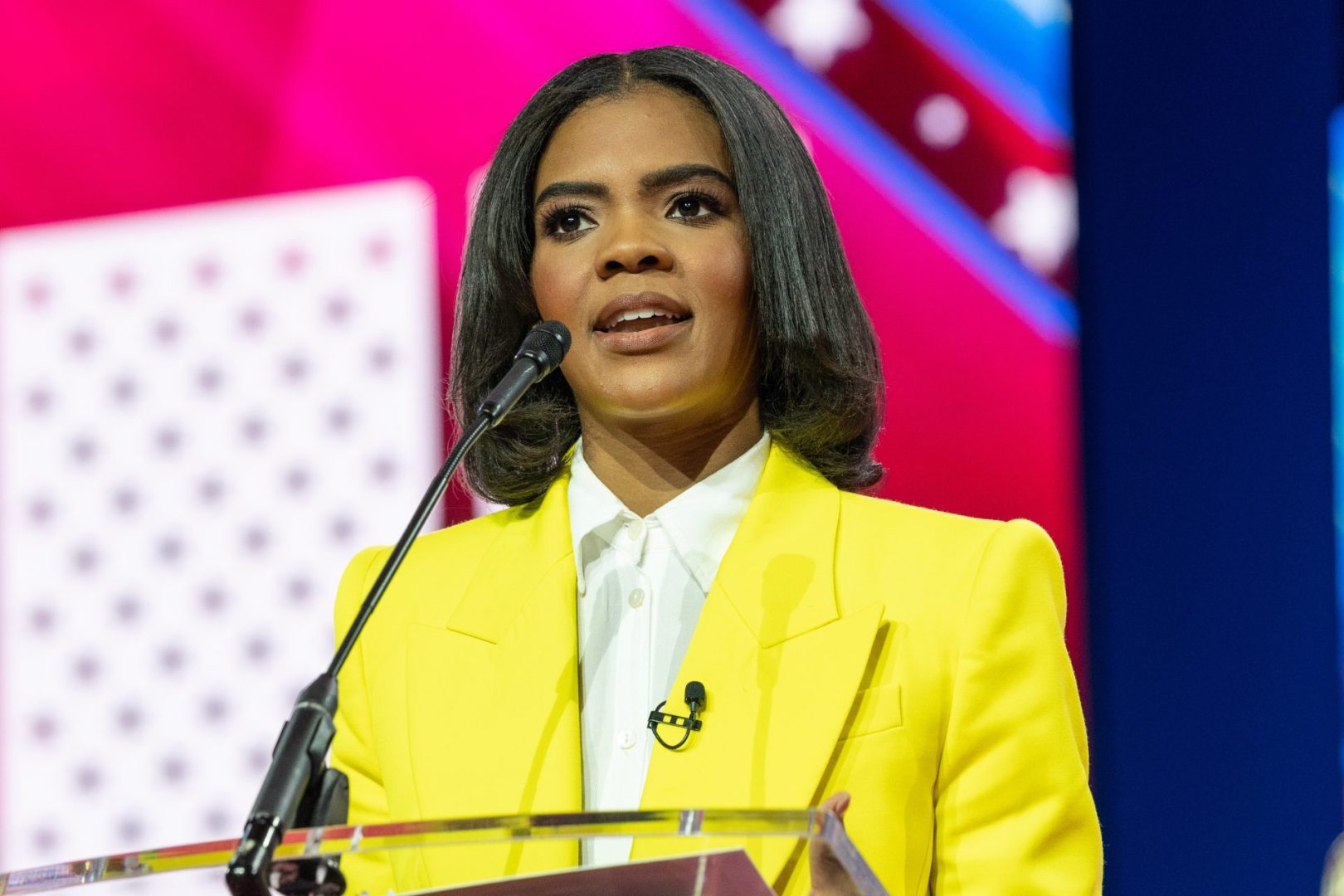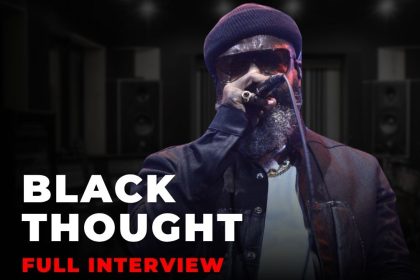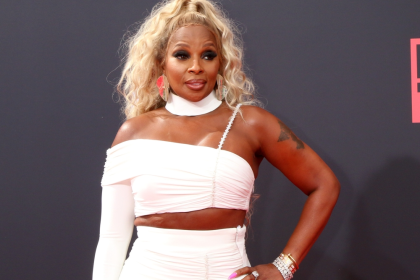In recent weeks, conservative commentator Candace Owens has been making headlines after her departure from The Daily Wire. Seeking to maintain her relevance, Owens took to social media to share her controversial views on the origins of gangsta rap, igniting a heated discussion online.
Owens’ controversial tweet
On Sept. 20, Owens tweeted her assertion that gangsta rap was not a product of Black culture but rather a creation of federal authorities. She claimed, “Gangster rap was never black culture. It was created by the Feds, who proffered deals to homosexual black men in prison and then turned them into artificial celebrities. The goal was to create false idols to destroy black American values. I will never change my mind on this.” This tweet quickly garnered over 100,000 likes, showcasing the polarizing nature of her statements.
Ice Cube’s response
Her comments did not go unnoticed by Ice Cube, a legendary figure in the world of hip-hop and one of the genre’s pioneers. Ice Cube responded directly to Owens’ claims, clarifying the origins of gangsta rap. He stated, “We called it Reality Rap. The industry coined it Gangsta Rap. The fans wanted gangsta rap, and that’s what they got. The Feds didn’t write none of my s—. I’m a real MC.” This response highlights the disconnect between Owens’ assertions and the lived experiences of artists within the genre.
Historical context of gangsta rap
Gangsta rap emerged in the late 1980s and early 1990s, characterized by its raw and often controversial lyrics that reflect the realities of urban life. Artists like Ice Cube, along with groups such as N.W.A., played a pivotal role in shaping the genre. Their music often addressed issues such as police brutality, systemic racism and the struggles faced by Black communities.
In a 2023 podcast appearance on “Club Random with Bill Maher,” Ice Cube discussed the relationship between the music industry and the prison system, stating, “The same people who own the labels, own the prisons.” While he acknowledged the financial interests at play, he emphasized that the artistry behind songs like N.W.A.’s iconic track “F— Tha Police” was not manipulated by external forces but rather stemmed from genuine expression.
The ongoing debate
The debate surrounding the influences in rap music is not new. For decades, critics and fans alike have speculated about who truly controls the narrative within the industry. Owens’ theory, while provocative, is part of a broader conversation about authenticity and the commercialization of Black culture.
Many artists and commentators have pointed out that while there are indeed complex relationships between the music industry and various societal issues, attributing the creation of an entire genre to federal manipulation oversimplifies the rich history and cultural significance of gangsta rap.
As the conversation continues, it is essential to recognize the voices of those who have lived the experiences that gangsta rap seeks to portray. Ice Cube’s rebuttal serves as a reminder of the importance of authenticity in art and the need to respect the narratives of those who have shaped the genre. While Owens may seek to provoke, the legacy of gangsta rap remains firmly rooted in the realities of Black life in America.















